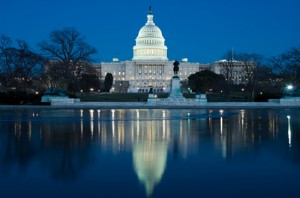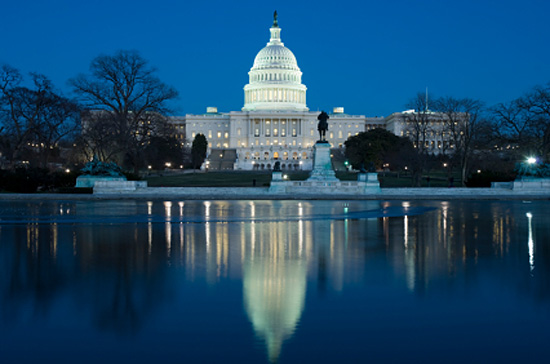 By Richard Simon, Los Angeles Times –
By Richard Simon, Los Angeles Times –
WASHINGTON — An effort to get more states to require convicted drunken drivers to test their breath for alcohol before they can start their cars is gaining support in Congress.
A House transportation bill unveiled Tuesday would offer additional highway funds to states that require ignition interlock devices for DUI offenders. A similar measure is expected to come before the Senate.
Fifteen states require all convicted drunken drivers, including first-time offenders, to use the devices, according to Mothers Against Drunk Driving, which has promoted the devices. The ignition interlock prevents a driver from starting the engine if his or her blood-alcohol content exceeds a preset limit.
In a pilot project that runs through 2016, DUI offenders in Los Angeles County and three other California counties were required to install the devices in their cars beginning in 2010.
The idea of requiring the devices for all drunken drivers is opposed by the American Beverage Institute, a restaurant trade association.
The group said in a statement that making all DUI offenders use the interlocks would “deny judges the ability to distinguish between a driver one sip over the limit and … repeat offenders” with a high blood alcohol content.
Spokeswoman Sarah Longwell said the association supports the route taken by a number of states to “target the hard-core offenders” by requiring the devices for those convicted with high blood-alcohol contents.
Dangling money in front of financially strapped states to nudge them into requiring the devices has emerged as one area of agreement in a divided Congress trying to write a new transportation spending bill in a politically charged election year. The five-year, $260-billion House bill, like the measure headed for the Senate, also includes a big increase in a federal loan program that has been crucial to Los Angeles Mayor Antonio Villaraigosa’s efforts to speed local transportation projects.
Lawmakers from both parties have portrayed the transportation funding measure as a jobs bill.
But plenty of disagreements have emerged that could make it difficult to pass a bill this year, perhaps most significantly over how highway projects should be funded at a time when gas tax funds have fallen because of more fuel-efficient cars.
Senate Democrats have come out against a Republican proposal to open up more of the coast to oil drilling in order to generate more money for highway projects. A fight also is emerging over efforts to allow larger and heavier trucks on interstate highways.









